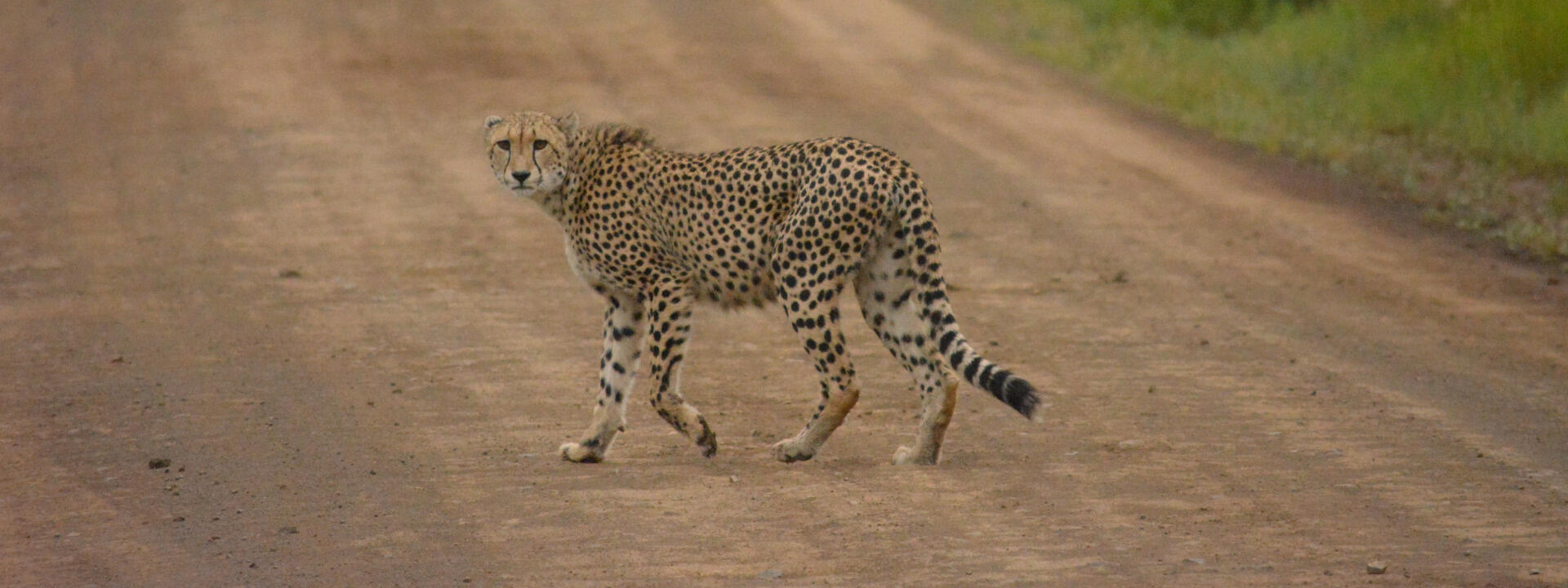
“Dereliction of duty” as WWF ignores population in Living Planet Report
10 September 2020
Statement by Population Matters director Robin Maynard, in response to Living Planet Report 2020:
Population Matters welcomes WWF’s latest Living Planet Report (LPR) as a critical measure of the scale of our biodiversity crisis – but its failure, yet again, to address human population growth in driving that crisis is inexplicable; indeed, a dereliction of duty by the world’s best known conservation charity.
WWF’s avoidance of the issue runs counter to the wealth of published science underlining the impact of human population growth on biodiversity loss. The most comprehensive and authoritative is the 2019 Global Assessment by the Intergovernmental Panel on Biological Diversity and Ecosystem Services, which identified population growth as a key indirect driver of biodiversity loss, and, critically, called for action: “changes to the direct drivers of nature deterioration cannot be achieved without transformative change that simultaneously addresses the indirect drivers.”
In contrast, WWF comprehensively fails to address the importance of human population – barring two passing references to “explosive and “relentless” population growth. Worse, in a single line about ‘family planning’, it ignores the positive, empowering solutions, which if universally available would protect biodiversity and improve the lives of millions of people, especially girls and women.
The LPR’s headline figure is that vertebrate species populations have declined by 68% since 1970 – it neglects to note that the population of one vertebrate species, us, has doubled over the same period. This year’s report fails to acknowledge how we are to reconcile the ‘explosion’ in human population growth with unprecedented levels of biodiversity loss – a frustratingly familiar theme with each and every LPR.
There is agreement about the urgency of addressing population among scientists and conservationists across the world, from the Global North and Global South (5). When world renowned public figures, leading biologists and conservationists, including Sir David Attenborough, Dame Jane Goodall, Chris Packham and IPBES Chair Sir Robert Watson, can talk openly and honestly about population, alongside other drivers such as consumption, WWF should stop fretting about PR and do its job – alert the world to all the key causes of biodiversity loss. ‘Bending the curve on biodiversity loss’ would be much accelerated, indeed only achieved, by also ‘bending the curve on population growth’.
-ends-
CONTACT
Alistair Currie, Head of Campaigns and Communications, Population Matters
T: 0208 123 9170
E: alistair.currie@populationmatters.org
References
- WWF Living Planet Report 2020. Press release, Full report
- Digest of selected key evidence in Population Matters briefing on human population and biodiversity. Further references available from PM (contact details above) on request. See also Crowded Planet Resource Library, a database of academic papers related to the environmental impact of biodiversity
- Intergovernmental Science-Policy platform on Biodiversity and Ecosystem Services Global assessment summary for policymakers (2019)
- Global population figures: United Nations Population Division (2019) World population prospects 2019
- For example, see blog by Nigerian forest biologist and Population Matters Expert Advisor Dr Edu Effiom; World Population Day speech by Dr Aminu-Kano, director of Nigerian Conservation Fund and presentation by Kenyan elephant scientist, Dr Winnie Kiiru at Population Matters’ 2019 conference.
- Sir Robert Watson “We talk about some of the drivers of change, such as economic growth, and population growth, because the more people you have and the wealthier they are the more they consume, and the more pressure that puts on nature. Some might say the issue of population is politically sensitive but we don’t avoid it.” BBC News, 28 April 2019
Population Matters is a UK-based charity working globally to achieve a sustainable future for people and planet. Our mission is to drive positive, large-scale action through fostering choices that help achieve a sustainable human population and regenerate our environment.
135-137 Station Rd, London E4 6AG
Registered charity: 1114109
